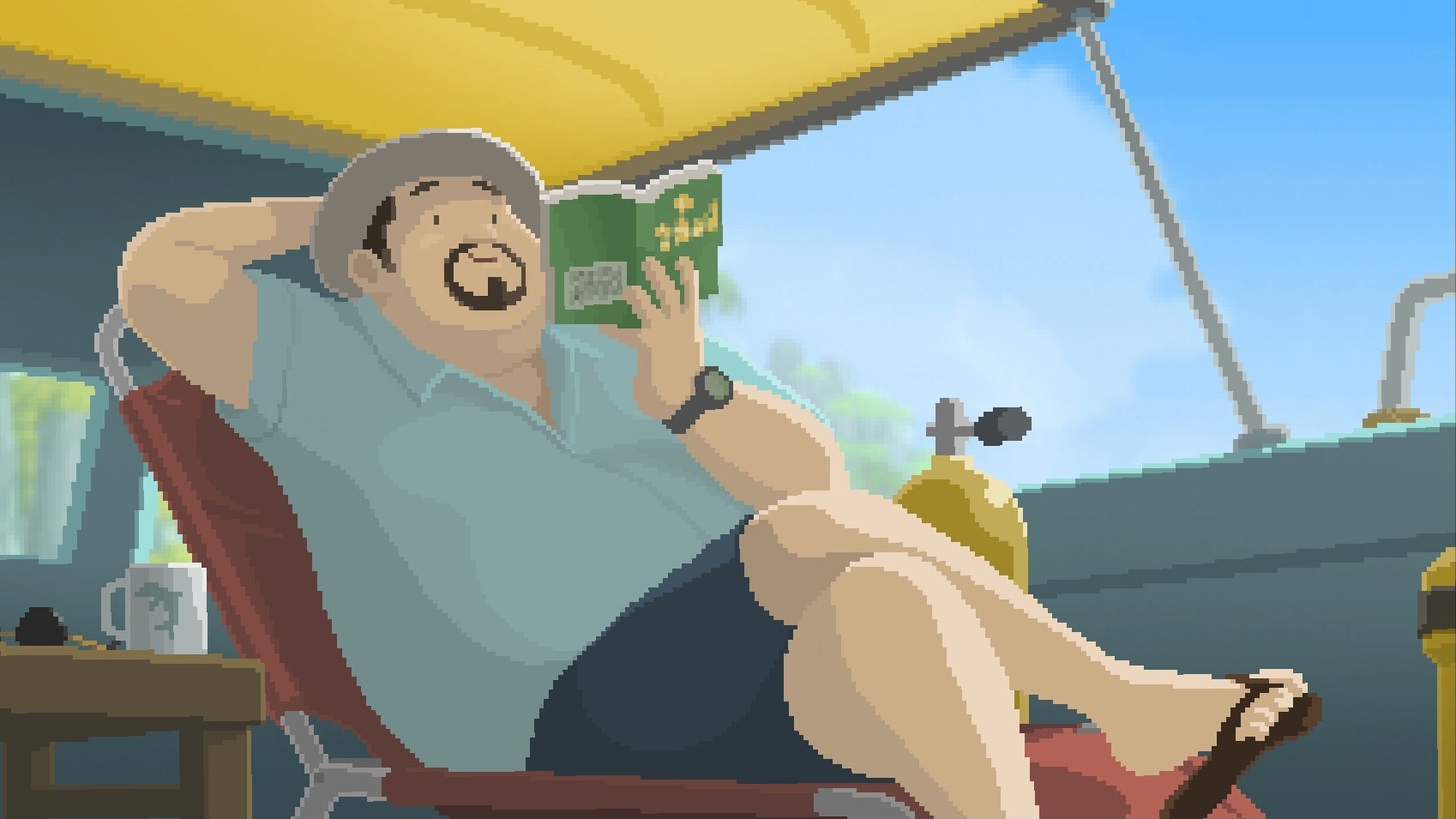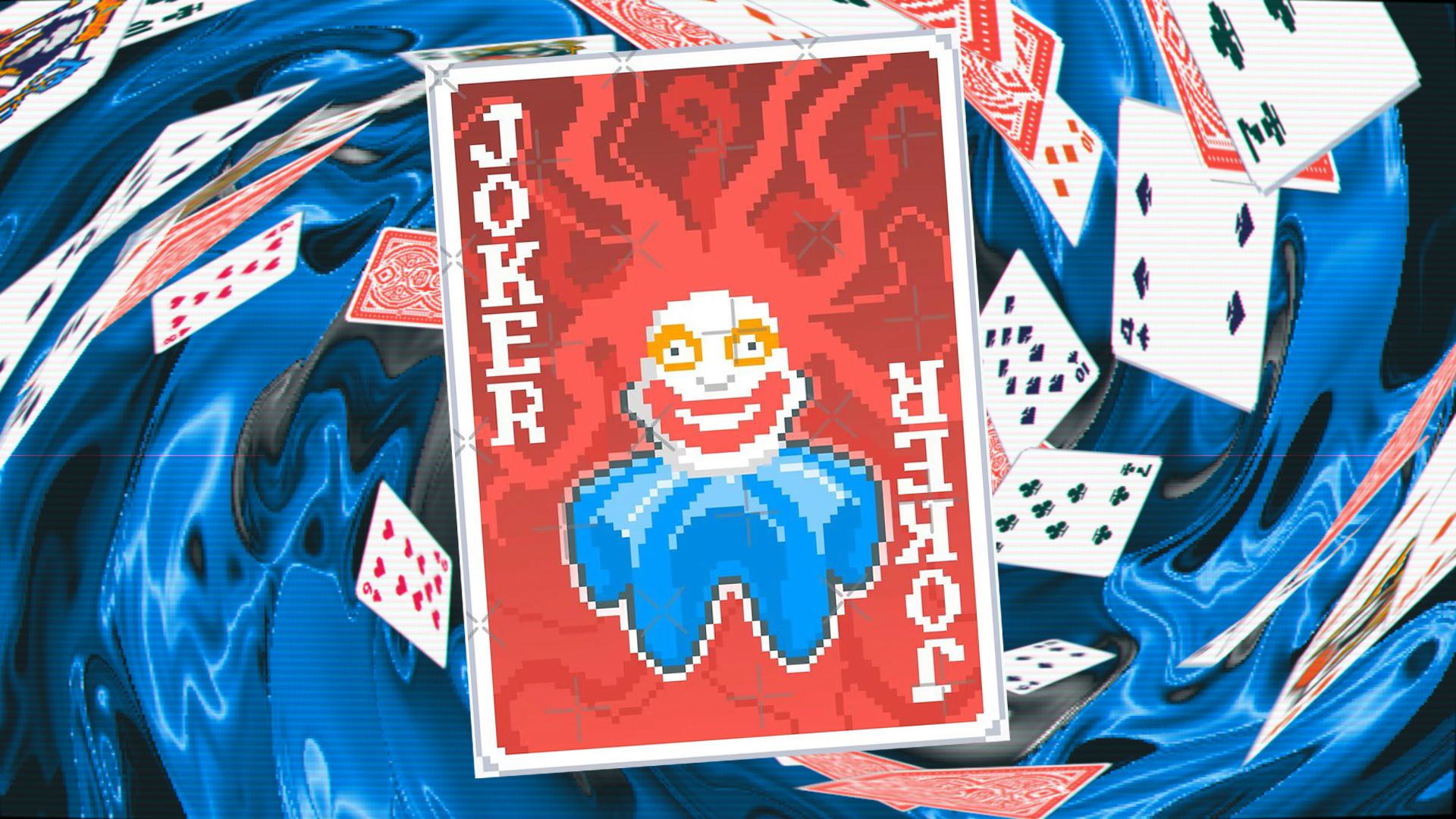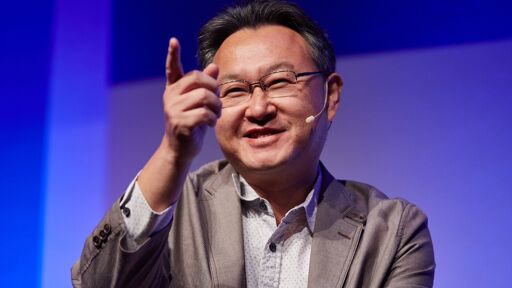Ex-Sony Interactive Entertainment head honcho Shuhei Yoshida thinks that bigger companies should do more to invest in “smaller, experimental projects” because at the end of the day, nobody really knows what kind of games are going to pop off with the masses.
Yoshida sat down with games press including MiniMap ahead of Korea’s G-Star conference chatting about Stellar Blade’s influence, console gaming, and the Korean indie game scene. When asked about how large studios can stay creative, Yoshida said he reckons it’s more about them using their money to support smaller developers through publishing.

(Image credit: MINTROCKET)
He highlighted the fact that both Nexon and Mintrocket have maintained that the former was very hands-off in the latter’s development of Dave the Diver—which faced a ton of ‘is this an indie game?’ discourse around the time of the 2023 Game Awards—saying “I completely agree with the philosophy that creative freedom should remain untouched.”
“No one truly knows what kind of game will succeed,” Yoshida pointed out. “Not even marketing teams can predict it because they rely on past data and new ideas are, by definition, unprecedented.”
I really do feel like that notion has been encapsulated more and more in the last few years. We’ve seen games like Dave the Diver become hits alongside other pleasant surprises like Balatro, Schedule I, Palworld, Lethal Company, and Peak. Stuff that might not have necessarily stolen the hearts of shareholders and big wigs, but managed to do incredibly well regardless.

(Image credit: Playstack)
“That is why I believe big companies should invest in smaller, experimental projects while also supporting them through publishing,” Yoshida continues. “For indie creators, working under a supportive larger entity can be beneficial. Ultimately, creativity thrives in environments built on trust and collaboration. If large companies like Nexon can nurture that freedom rather than restrict it, that is the ideal model.”
I mean, is it a slightly romanticised view on the whole thing, especially now Yoshida is chilling in retirement? Sure, it would be lovely if in an ideal world, publishers threw loads of money at tiny studios to make their thing with zero creative interference and then that thing would be a huge success and everyone wins. The reality is often a little more complicated of course, but it’s still a stance I hope more bigger studios take on board in the future. More Balatros, more Vampire Survivors, more Valheims for all.
From PCGamer latest via this RSS feed


